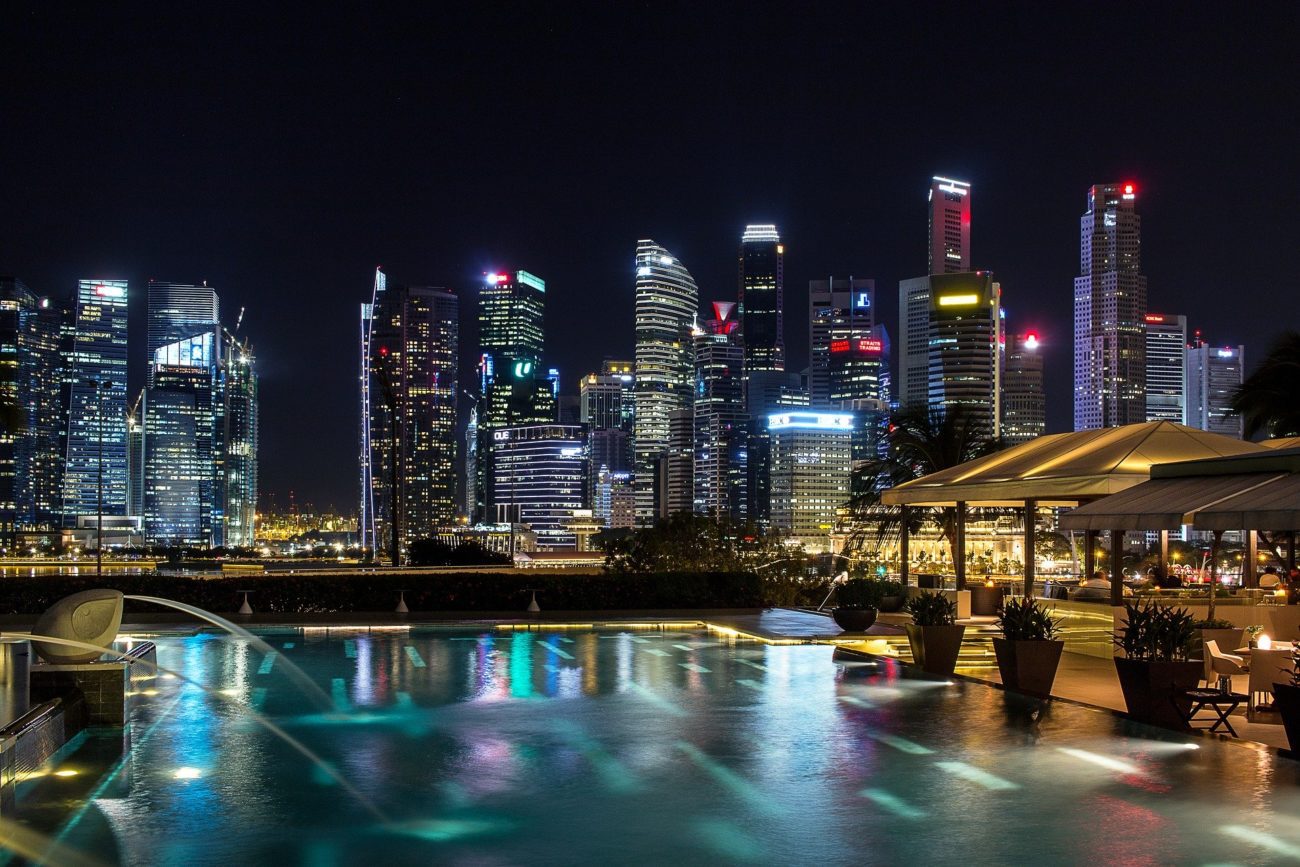Gambling
UN: Southeast Asia a den of cybercrime, illegal gambling, online scams

A United Nations study says cybercrime, including illegal online gambling, is a multibillion-dollar industry in Southeast Asia. It pointed to Singapore’s 2023 money laundering scandal and the Philippines’ crime-ridden POGO industry.
Southeast Asia is a hotbed of cybercrime, illegal online gambling and “scam farms”. So says a new report from the United Nations Office of Drugs and Crime (UNODC).
“The sheer scale of proceeds” from the illicit economy reflects the growing “professionalisation and innovation” of the crooks, said the report. “Transnational criminal groups in Southeast Asia have emerged as global market leaders.”
Singapore’s historic AML failure
The report pointed to Singapore as the “tip of the iceberg.”
In 2023, Singapore authorities seized S$3bn (£1.756bn/€2.097bn/$2.3bn) in an historic money-laundering scandal. It was a black eye for the global financial hub, known as the “Switzerland of Asia,” and for local and international financial institutions.
Twenty-seven foreign nationals were implicated in the case. They included several who ran illegal online gaming operations. Ten were convicted and sentenced, and 17 remain at large.
Greater oversight, more data-sharing
To combat increasingly sophisticated cyber-criminals, Singapore’s Ministry of Home Affairs will toughen the Corruption, Drug Trafficking and Other Serious Crimes Act (CDSA).
The Interministerial Committee (IMC) has recommended broader government access to suspicious transaction reports from banks, casinos, real estate agencies and other “industry gatekeepers.”
A proposed whole-of-government (WOG) data-sharing platform would link law enforcement, regulators and government bodies, presumably for swifter intervention in case of risk.
These recommendations “are Singapore’s latest measures to combat [money laundering] and other financial crimes,” the IMC stated. “Singapore will continue to enhance our defences by adopting risk-proportionate measures to detect and deter criminals, safeguard our institutions and systems, while ensuring that we remain welcoming to legitimate investors and businesses.”
Financial crimes, human suffering
The criminal financial industry has a high human cost, as in the case of Philippine Offshore Gaming Operations (POGOs).
Though licensed by the government, some POGOs were fronts for love and crypto scams reliant on forced labour. Workers were “forced often against their will to live and work” in POGO compounds, said UNODC regional representative Benedikt Hoffman.
He cited the notorious case of a POGO in Bamban, Tarlac Province, raided last March following reports of rampant crime. Authories freed nearly 900 Filipino and foreign workers during the operation. Many claimed to be victims of human trafficking.
“If they wanted to leave, they could not,” said Hoffman. “Some [were] tortured and subjected to unimaginable violence on a daily basis. There [was] a huge amount of human suffering on this compound.”
In July, spurred by headlines about POGO crime, Philippine President Ferdinand Marcos Jr. banned the industry. But with so much money to be made, lawmakers warn the operations will simply migrate to other markets. In Hoffman’s words, Southeast Asia will likely remain “ground zero for the global scamming industry.”










